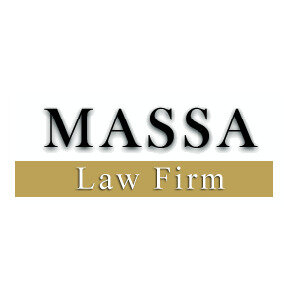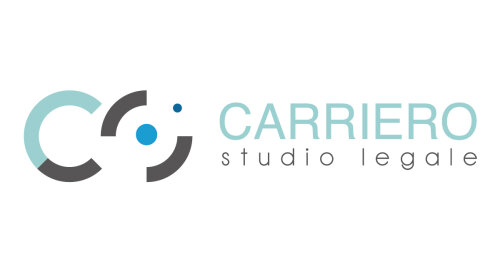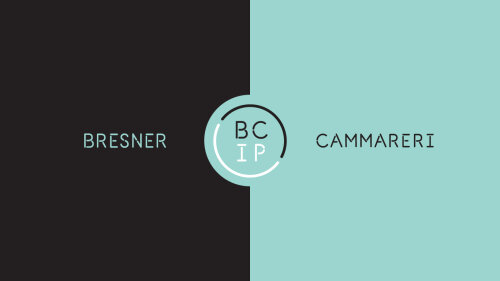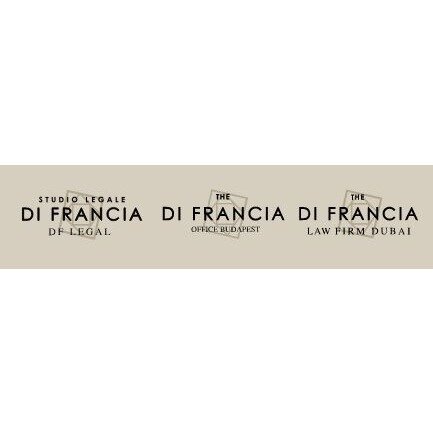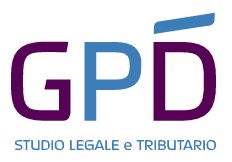Best Art & Cultural Property Law Lawyers in Italy
Share your needs with us, get contacted by law firms.
Free. Takes 2 min.
Or refine your search by selecting a city:
List of the best lawyers in Italy
About Art & Cultural Property Law in Italy
Art & Cultural Property Law in Italy is a specialized legal area that encompasses issues related to the preservation, ownership, transfer, and protection of cultural property and art. Italy, being a country rich in history and cultural heritage, has comprehensive laws to safeguard its art and cultural properties. This legal field addresses the management of cultural heritage, art theft and restitution, export regulations, and the protection of intellectual property rights of artists and creators.
Why You May Need a Lawyer
There are various scenarios where one may require legal assistance in Art & Cultural Property Law:
- Art Acquisition or Sale: Legal guidance is crucial in verifying the legality of the transfer and ensuring that the transaction complies with Italian laws.
- Exporting Art: Italy has strict laws about exporting artworks, especially those of cultural significance. Violating these laws can result in fines or criminal charges.
- Restitution Claims: If you believe a piece of art was unlawfully taken, you may need legal help to navigate restitution processes.
- Intellectual Property Issues: Artists often require protection for their creations through copyright or other intellectual property rights.
- Disputes Over Provenance: Legal expertise may be needed to resolve ownership disputes or verify the history of an artwork.
Local Laws Overview
Italy's laws regarding art and cultural property are rooted in its dedication to preserving cultural heritage. Key aspects include:
- Cultural Heritage Code: This is the core legislative framework governing cultural property, emphasizing the protection and enhancement of Italy's cultural assets.
- Export Regulations: The export of artworks older than 50 years requires a license from the Ministry of Cultural Heritage.
- Taxation: Certain tax benefits are offered for the donation of cultural property to public institutions.
- Repatriation Laws: Italy actively seeks the return of illicitly exported cultural property and follows international agreements to facilitate this.
- Intellectual Property Rights: Artisans and creators are protected under Italy's copyright laws, ensuring the integrity and recognition of their work.
Frequently Asked Questions
What is considered cultural property in Italy?
Cultural property includes artworks, historic buildings, archaeological sites, manuscripts, and any item of artistic or historical significance as defined by the Cultural Heritage Code.
Do I need a permit to export art from Italy?
Yes, exporting art that is over 50 years old or culturally significant requires a special permit from the Italian Ministry of Cultural Heritage.
What are the legal consequences of illegal art exportation?
Illegal exportation can lead to substantial fines, restitution of the property, and potential criminal charges.
How can I authenticate a piece of art in Italy?
An art lawyer can assist in authenticating a piece by consulting experts and verifying provenance to ensure its authenticity and legal status.
Can cultural property be bought and sold in Italy?
Yes, but the sale must comply with the Cultural Heritage Code, and certain items may be subject to restrictions or require government notification.
What should I do if I inherit art that may have been illegally acquired?
You should seek legal advice to determine the provenance of the art and resolve any potential legal issues to avoid future complications.
Are there specific laws for digital art in Italy?
Digital art in Italy is primarily covered under copyright laws, which protect the rights of creators in a similar manner to physical artwork.
What is the role of an art appraiser in Italy?
An art appraiser evaluates the value and authenticity of artworks, playing a key role in transactions and legal disputes involving art.
Who can claim restitution of cultural property in Italy?
Legal restitution claims can be initiated by individuals, museums, governments, or nations that prove ownership or legal rights to the contested property.
Is it possible to make a donation of art to a museum in Italy?
Yes, donations are encouraged and can come with tax benefits, but they must be arranged according to legal guidelines to ensure proper transfer and documentation.
Additional Resources
For further assistance and information, one might consider consulting the following:
- Ministry of Cultural Heritage and Activities: The primary governmental body responsible for cultural heritage regulations.
- International Council of Museums (ICOM) Italy: Offers resources on museum practice and cultural property issues.
- Italian National Commission for UNESCO: Provides support on cultural property protection and international agreements.
- Professional Art & Cultural Property Lawyers: Specialists in navigating legal complexities in this field.
Next Steps
If you require legal assistance in Art & Cultural Property Law, consider taking the following steps:
- Consult a Lawyer: Seek out a legal professional with expertise in Italian art and cultural property law for tailored advice.
- Gather Documentation: Collect all relevant documents, including provenance, purchase records, and any export permits you have.
- Contact Relevant Authorities: Reach out to appropriate government bodies for any licensing or dispute resolution assistance.
- Stay Informed: Keep updated on any changes to Italian laws regarding cultural property to ensure compliance in your dealings.
Lawzana helps you find the best lawyers and law firms in Italy through a curated and pre-screened list of qualified legal professionals. Our platform offers rankings and detailed profiles of attorneys and law firms, allowing you to compare based on practice areas, including Art & Cultural Property Law, experience, and client feedback.
Each profile includes a description of the firm's areas of practice, client reviews, team members and partners, year of establishment, spoken languages, office locations, contact information, social media presence, and any published articles or resources. Most firms on our platform speak English and are experienced in both local and international legal matters.
Get a quote from top-rated law firms in Italy — quickly, securely, and without unnecessary hassle.
Disclaimer:
The information provided on this page is for general informational purposes only and does not constitute legal advice. While we strive to ensure the accuracy and relevance of the content, legal information may change over time, and interpretations of the law can vary. You should always consult with a qualified legal professional for advice specific to your situation.
We disclaim all liability for actions taken or not taken based on the content of this page. If you believe any information is incorrect or outdated, please contact us, and we will review and update it where appropriate.
Browse art & cultural property law law firms by city in Italy
Refine your search by selecting a city.



